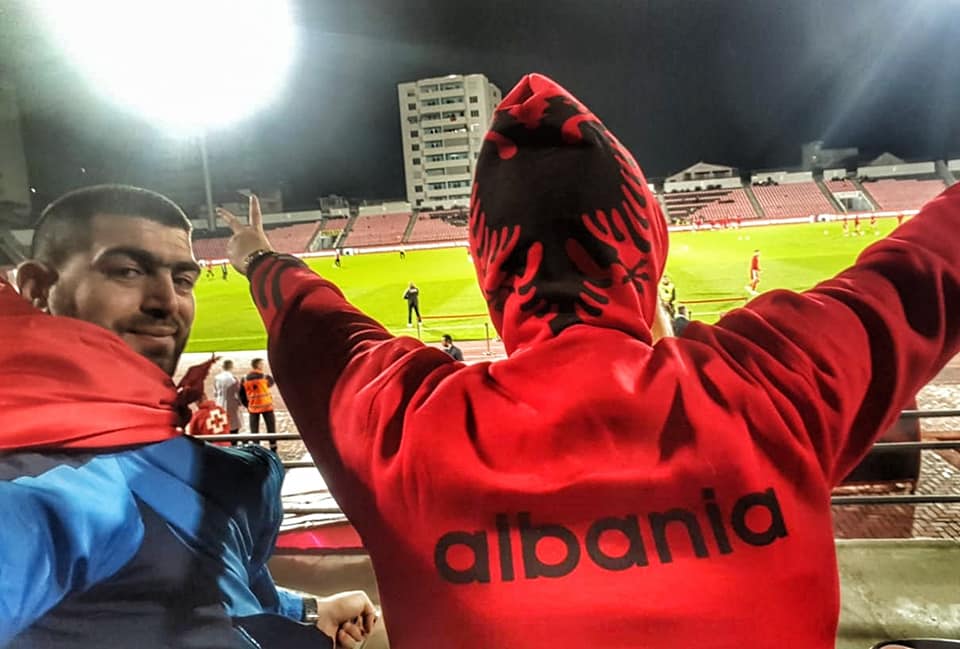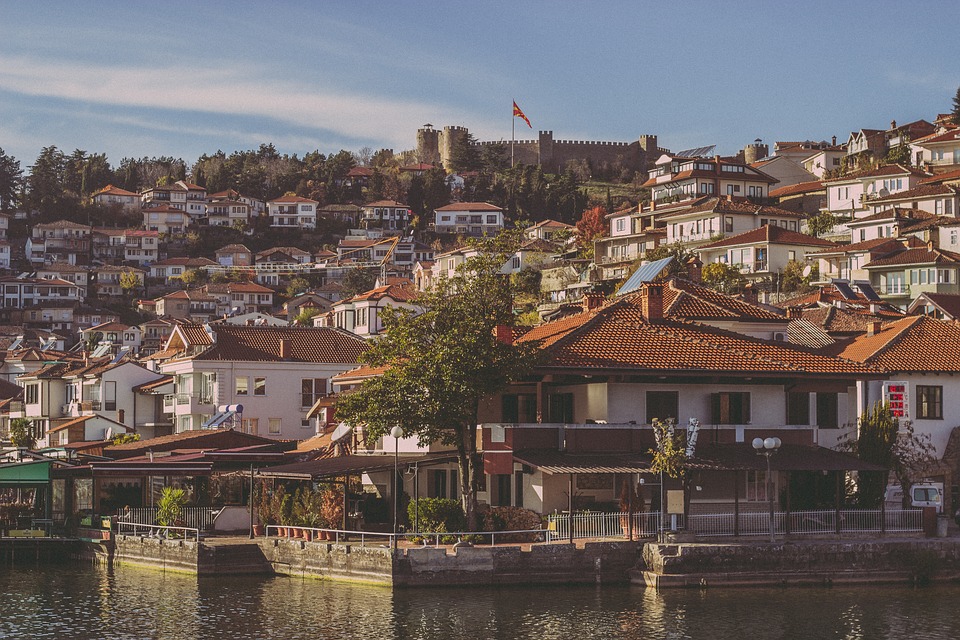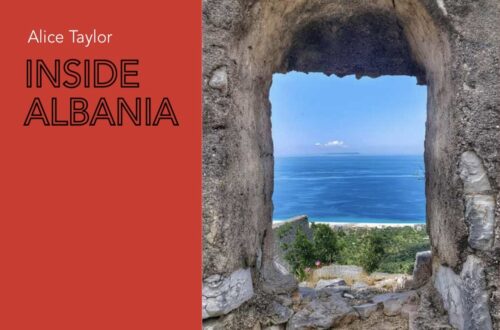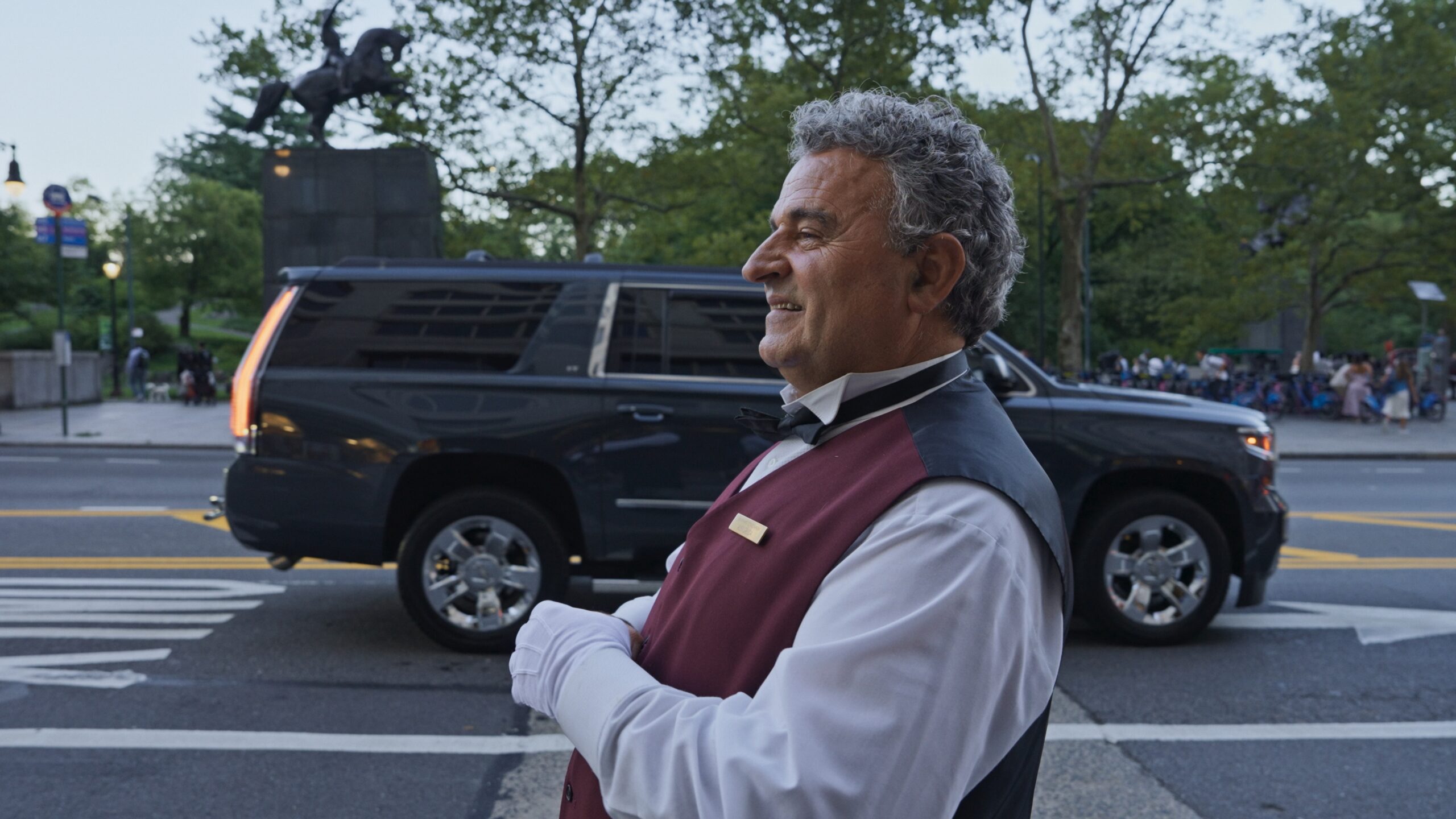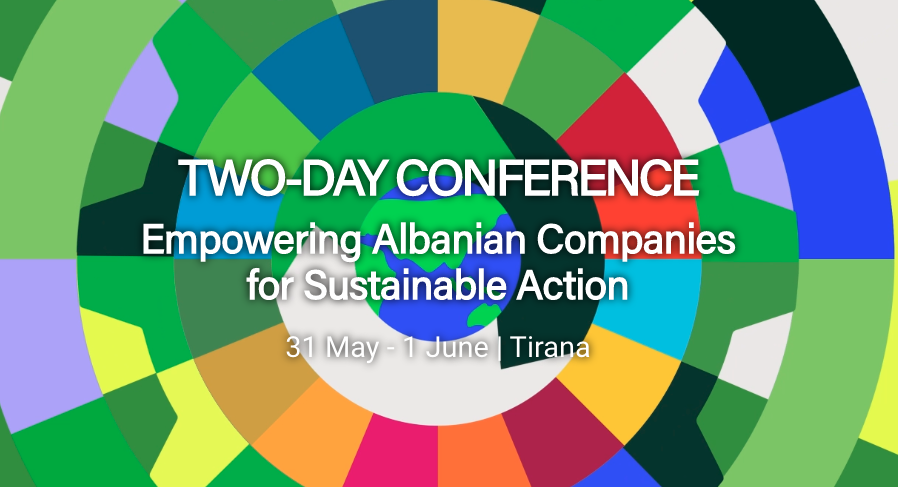I know that Christmas is a bit of a new concept in Albania, and in a country where very few people really care about religion, its real meaning is not very well understood.
Now, don’t get me wrong, I am not saying that Albanian’s have no idea about Christmas, but in my experience when I talk about Three Wise Men, stuffing and carols, people look a bit confused. So in case you are wondering just what all of the fuss is about, beyond the twinkly lights and turkey, this is The Balkanista’s Guide to Christmas. Disclaimer: this is my account of Christmas based on my upbringing, what I was taught at school and religion lessons, and being British!
From a Christian point of view, no one is really sure where the assigning of December 25th as Jesus’s birthday came from as there is no mention of the actual date in The New Testament. It is believed to have been identified as his birthday by Sextus Julius Africanus in 221 and has been the accepted date ever since.
For Christians, the nativity of Jesus is described in the gospels of Luke and Matthew and tells the story of how Jesus was born in Bethlehem, Judea during the reign of King Herod. A rough synopsis of the story goes as follows:
Mary, the mother of Jesus was married to Joseph and one night the Archangel Gabriel came to her in a dream and told her that a child would be born to her and that she must name him Jesus. The angel added that he would be the son of God and that he would rule over mankind forever. At this point, Mary was a virgin and despite Joseph’s surprise, they packed their bags and headed from Nazareth (where they lived) to Bethlehem so she could give birth in the ancient city of David, a supposed ancestor of Joseph.
When they arrived in Nazareth, Mary was heavily pregnant and they could not find anywhere to rest for the night. After knocking on every door in the city, they managed to find a stable where they could rest for the night. It was here that Mary gave birth to Jesus, surrounded by sheep, goats, a
Meanwhile, Three Wise Men, or Kings- Melchior, Caspar, and Balthazar- had heard about the impending birth of the son of God and decided to set out to look for him. They travelled day and night bearing gifts for the newborn
From there, the tradition of Christian Christmas started but it is important to note that many modern-day Christmas traditions actually have Pagan, not biblical origins. Holly, mistletoe, laurel wreaths, Christmas trees, the use of the candles, and even Yule logs are typically associated with Pagan history, not Christan, whilst today the lines are blurred into one big celebration.
As you can see, where Christmas came from is a bit of a confusing matter and that may be why it is celebrated as both a religious and a non-religious holiday by billions of people every year.
Presents
Depending on where you are from, some people give presents on Christmas Eve, some on Christmas
Food
The best thing about Christmas for many is the food: turkey, goose, and duck are traditionally eaten with a selection of roast potatoes and vegetables,
Christmas breakfast traditions vary but where I come from it is usual to eat scrambled eggs with smoked salmon and to drink champagne with orange juice.
Sweets include Christmas pudding (a heavy cake soaked in brandy that you set fire to before eating), yule log, or trifle (a wet cake made of layers of sponge, cream, jelly, and fruit).
This is also a time where significant amounts of alcohol are ingested including champagne, red wine, brandy, port, sherry, and cider heated with spices and fruit.
Religious Traditions
Observing Christians will often attend midnight mass on Christmas
Whilst in many countries, people say that Christmas is losing a lot of its meaning as it becomes increasingly commercial with too much focus on giving presents and being indulgent, this is not the case for everyone.
For me, Christmas is a time you spend with family and friends. It is a time to reflect on the past year and consider the year ahead, a time to donate to those less fortunate, and a time to make those around you happy- via feeding them and the giving of small gifts and tokens of affection. Many families will extend invitations for Christmas lunch to those that are on their own, and it is popular to create gift boxes of food, toys and other products to give to local charities or
Christmas is my favourite time of the year because I like to surround myself with family and friends, eat without feeling guilty, and watch films such as It’s a Wonderful Life, Elf, The Nightmare Before Christmas, The Grinch, and Love Actually whilst eating sandwiches made of leftover turkey and potatoes.
Whether you celebrate Christmas or not, I would still like to extend to you my wish that you are happy, well fed, and loved and that we must consider how we can help those who are not as fortunate as us.
Gezuar Festat!
Follow The Balkanista!
